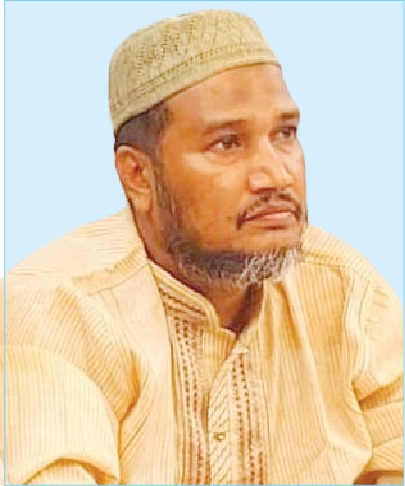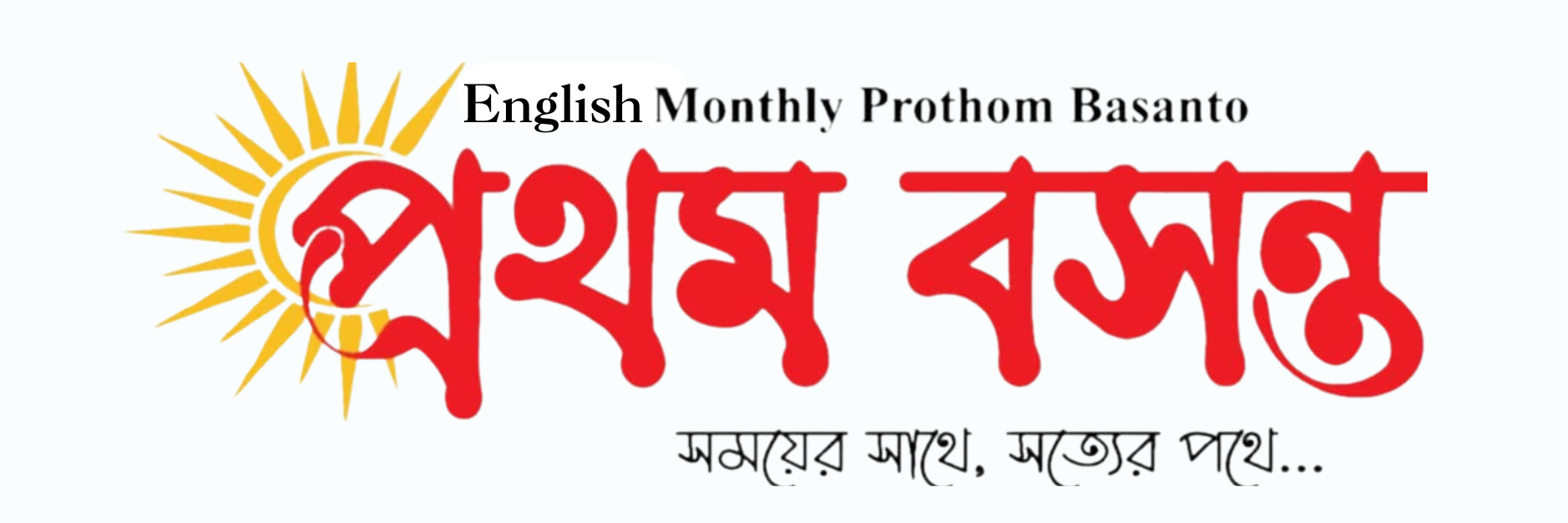
Reducing the price of daily commodities, reforming and
Elections want priority on these three issues
Muhammad Fazlul Karim Talukder
The poor people of the country are not doing well. They cannot afford to eat two full meals a day. The common people are struggling to make ends meet. Due to high inflation and the uncontrolled price hikes of essential commodities like rice, lentils, oil, onions, fish, and meat, the low-income people are facing immense hardship. Some unscrupulous businessmen are controlling the country’s trade and commerce. These dishonest traders have formed syndicates to increase the prices of daily necessities. As a result, millions of consumers are enduring extreme suffering in their daily lives. Even the price of regular rice for the poor has now reached 65-70 BDT per kilogram.
Although rice production has increased in the country and new rice has arrived in the market, there is no significant shortage in supply. Yet, people fail to understand why the price of rice is skyrocketing without reason. The lives of ordinary people have become unbearable. At this rate, if rice prices continue to rise, within a year, a kilogram of rice could cost at least 100 BDT. The thought of what will happen to the poor then is terrifying.
The people have immense faith, trust, and loyalty towards the current interim government. Nobel laureate economist and a distinguished son of Chattogram, Professor Dr. Muhammad Yunus, has taken charge of the country during this deep political crisis. Naturally, people have high expectations from him and his government. The nation hoped that the policies left by the previous fallen government would change, and a fresh wave of positive change would sweep across all sectors. The instability in the market was expected to decrease. However, no significant changes are visible yet. Only the faces behind the extortion and syndicates are changing, while the government has not been able to rein in the dishonest traders.
The government’s success in controlling the high prices of essential commodities like rice, lentils, oil, and onions is still questionable. Something seems to be fundamentally wrong. Although the government has changed and a people-backed administration is in place, it seems that the accomplices of the fallen regime are still pulling the strings behind the scenes. The government is facing considerable challenges in ensuring stability and peace due to constant obstacles and various demands from different groups.
On January 9, the government suddenly increased tariffs on over a hundred goods and services, which is likely to have a negative impact on people’s lives. This decision has disappointed traders, and there is no doubt that the increased tariffs on over a hundred products and services will lead to an economic slowdown.
Three Key Issues the Government Must Address
We believe the interim government must focus on three key areas:
1. Reducing the prices of essential goods – The cost of daily necessities must be lowered to relieve the burden on the people.
2. Administrative and electoral reforms – Reforms in administration, the electoral system, and the Election Commission must be implemented, along with necessary constitutional amendments.
3. Ensuring a proper timeframe for reforms – Reforms should be implemented within a reasonable timeframe. Rushed reforms may lead to errors, which must be avoided.
We are willing to give the interim government reasonable time for the expected reforms and the national elections. Various political parties, including the BNP, have been demanding general elections by mid-2025. However, achieving complete reforms within such a short time may not be feasible. Hence, we believe that public opinion should be mobilized in favor of announcing a roadmap for national elections by December 2025. A democratically elected government will bring relief to the people and create opportunities for international collaboration.
We do not want a hasty or flawed national election, nor will the people accept one. We want a national election that truly reflects public opinion and forms a government chosen by the people. The electoral system must be sustainable, realistic, and acceptable to all so that no one can raise questions after the elections.
The government must ensure that every citizen can vote for their preferred candidate without any hindrance. The influence of black money in elections must be eliminated. Corrupt individuals with black money should not be allowed to become members of parliament or public representatives. The use of black money in elections remains a major obstacle to free and fair elections in our country.
Currently, individuals with billions in black money can easily secure parliamentary positions by spending extravagantly. No one dares to challenge them. The Election Commission must pass laws to bar corrupt individuals from participating in elections. Instead of financial power, the path to becoming a member of parliament or public representative should be based on merit and competence.
Therefore, we urge the interim government to take firm steps in reducing commodity prices, implementing necessary reforms within a reasonable timeframe, and creating a suitable environment for national elections by 2025. We hope they will take the right steps according to the expectations of the people.
Author: A Banker
Publisher: Prothom Basanta
